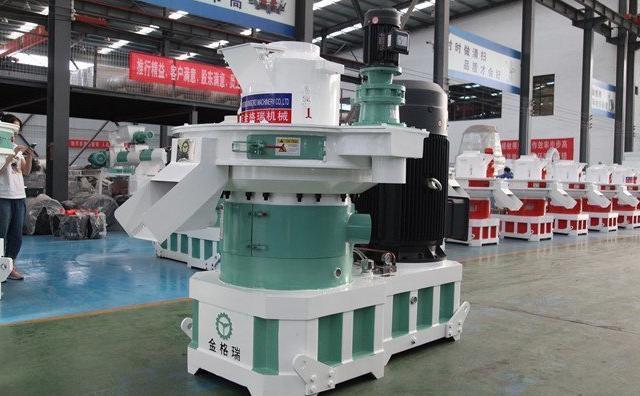Biomass pellets are solid fuels that increase the density of agricultural wastes such as straw, rice husks, and wood chips by compressing agricultural wastes such as straws, rice husks, and wood chips into specific shapes through a biomass fuel pellet machine. It can replace fossil fuels such as coal and be used in civil fields such as cooking and heating, and industrial fields such as boiler combustion and power generation.
Due to the high content of potassium in the raw material of biomass fuel particles, its presence reduces the melting point of ash, while silicon and potassium form low-melting compounds during the combustion process, resulting in a lower softening temperature of ash. Under high temperature conditions, softening The ash deposits are easily attached to the outer wall of the heating surface pipes, forming coking accumulations. In addition, because the manufacturers of biomass pellets do not control the moisture of the products in place or there are differences, and there are many impurities in the raw materials, combustion and coking will occur.
The production of coking will undoubtedly have an impact on the boiler combustion, and even affect the combustion utilization rate of biomass fuel particles, resulting in less fuel heat generation, which in turn leads to an increase in fuel consumption.
In order to reduce the occurrence of the above phenomena, we can solve it from several aspects in actual production and life:
1. Continuously improve the production technology of biomass fuel pellet machine products, and strictly control the water content of pellets.
2. The selection and processing of raw materials are meticulous and effective, and the quality of particles is improved.
Post time: Mar-01-2022










